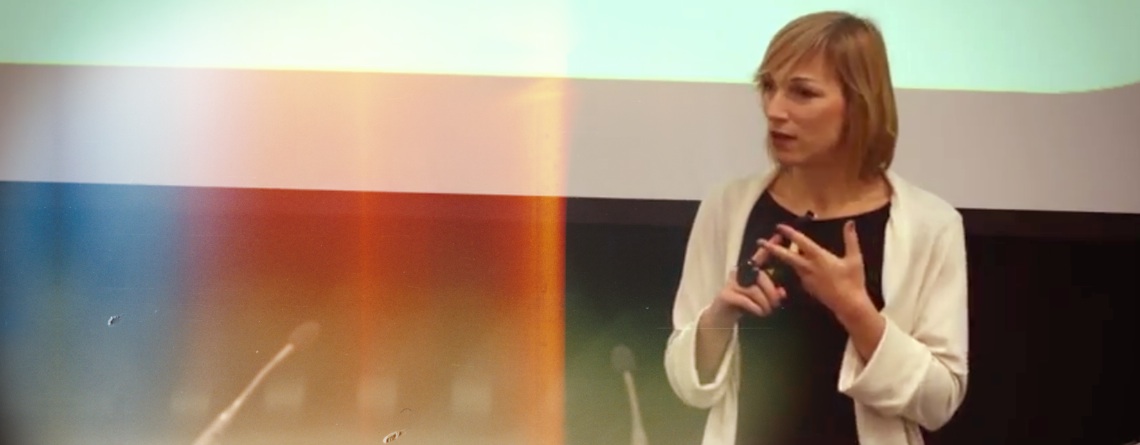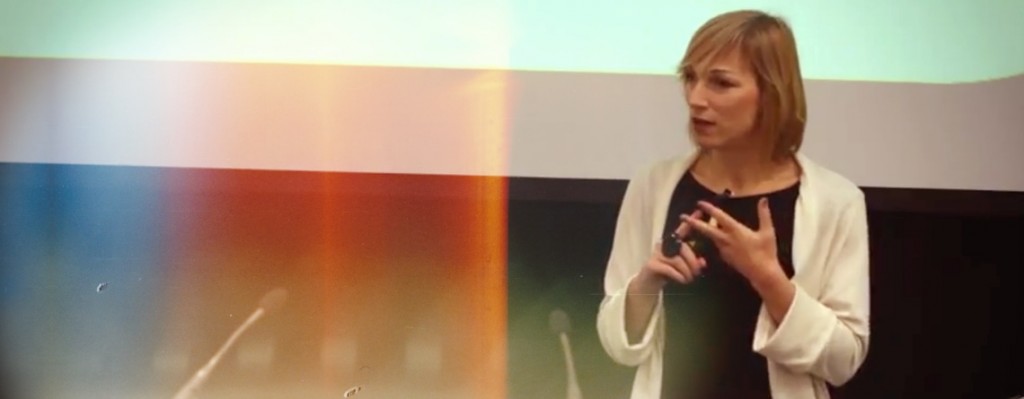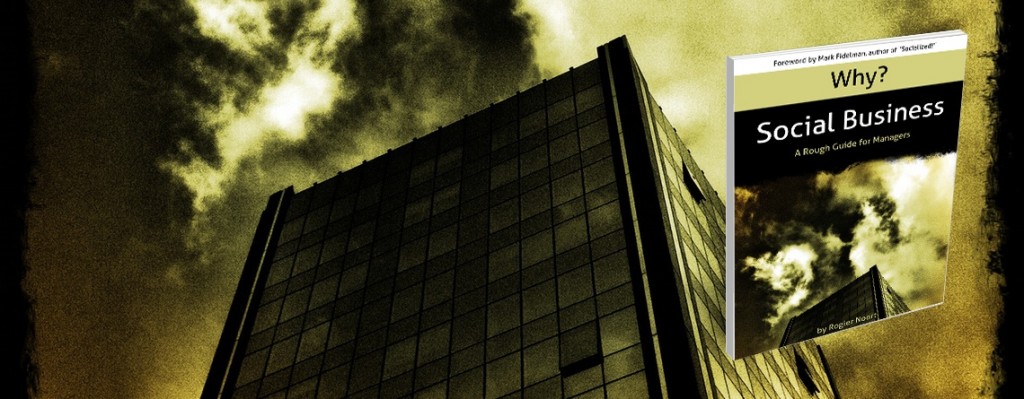One of the greater challenges of Social Business is convincing people of its use. You can talk about engagement or even happiness, but these are hard to grasp concepts.., and maybe even harder to measure (although not impossible).
 No, what you need is a good metaphor to show people what can happen if you put social in your business. The Prinzessinnengärten in Berlin is such a metaphor. It shows the power of an idea backed by action and cooperation.
No, what you need is a good metaphor to show people what can happen if you put social in your business. The Prinzessinnengärten in Berlin is such a metaphor. It shows the power of an idea backed by action and cooperation.
Nomadic Gardening
The idea is not that complex, as most ideas are. Create a green epicentre in an otherwise concrete void. And make it a social hub for the neighbourhood to congregate.
From the Prinzessinnengärten website:
Imagine a future where every available space in big cities is used to let new green spaces bloom. Green spaces that local residents create themselves and use to produce fresh and healthy food. The result would be increased biological diversity, less CO2 and a better micro-climate. The spaces would promote a sense of community and the exchange of a wide variety of competencies and forms of knowledge, and would help people lead more sustainable lives.
Having low environmental impact helps with acceptance and eventual permissions from a council.
Moritzplatz
Finding a place in Berlin might not be that difficult, I don’t know, I’ve never been to Berlin. But, Moritzplatz has been a concrete wasteland for decades. There’s an underground station and a busy roundabout. A perfect place to create a green haven.
To work they went.
With fans, friends, activists and neighbours they cleared away rubbish and cleaned up the place. Making room for their mini-utopia. Without digging up the concrete they put down mobile planters of various sizes to grow, well, anything they want.
The Metaphor
Prinzessinnengärten is a social hub (like your Digital Village), it’s a place where the neighbourhood can come together to discuss the goings on, or just have a some small talk.
The creation of Prinzessinnengärten was also a joined effort, there had to be principal support, money had to be made available and permission had to be obtained. Without this, you do not even have to try, your efforts won’t get far. You could just start and go at it, but changes are you run out of money, or you get stopped by officials for not having proper permits.
The growing of food (fruits and vegetables) takes quite a bit of knowledge. Sure, plants know how to grow, but to get a good and healthy harvest takes considerable effort (I know this for sure). This knowledge has to be learned and then shared with all participants. Not unlike your knowledge base or wiki, which is available and editable by all employees.
Your Business
Chances are that throughout your company social hubs already exist. This can be around the water cooler, clubs set up by employees, employees bound by a project or product and of course departments, even a floor can be a social hub.
If you would be able to connect these hubs, or to retain there shared wisdom. To support these efforts via company policies. To turn all this cooperation and sharing into something more valuable, more sustainable. To have your employees talk and work together on problems which exist on their floor, department or project.., problems within your company.
Wouldn’t that be worth looking into? I think it is.



 As with many good revolutions, a movement was born. WiSP: WoMen in Sanofi Pasteur
As with many good revolutions, a movement was born. WiSP: WoMen in Sanofi Pasteur My first real moment where I could name “Social Business” was when I saw
My first real moment where I could name “Social Business” was when I saw 